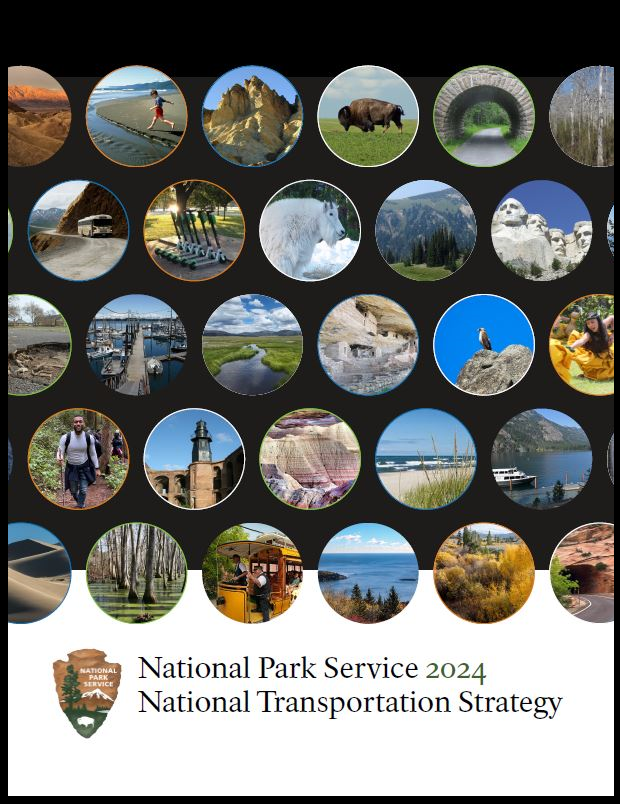Transportation planning is a comprehensive process for evaluating transportation needs in a collaborative and meaningful way. It allows for public involvement in setting long-term transportation visions and goals in order to prioritize projects for federal transportation funding.

National Transportation Strategy
The National Park Service’s transportation system represents a $60 billion transportation portfolio and supports its core mission by providing visitor access to America’s greatest natural and cultural treasures. Within the 420+ units of the national park system, transportation assets include approximately:
- 14,000 miles of road
- 2000 bridges
- 8,000 parking areas
- 1,000 miles of transportation trails
- 100 transit systems, including buses, trolleys, trains, ferries, and snow coaches
Last updated: April 5, 2024
